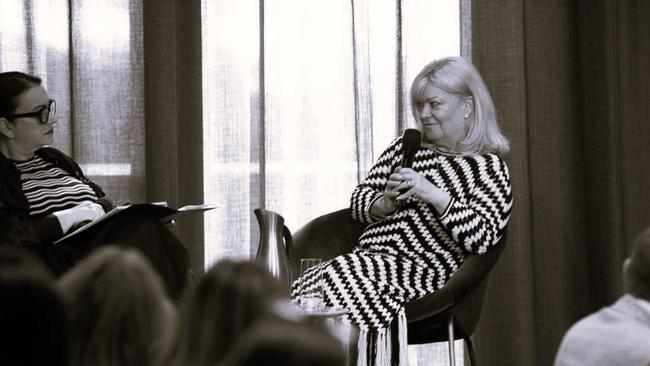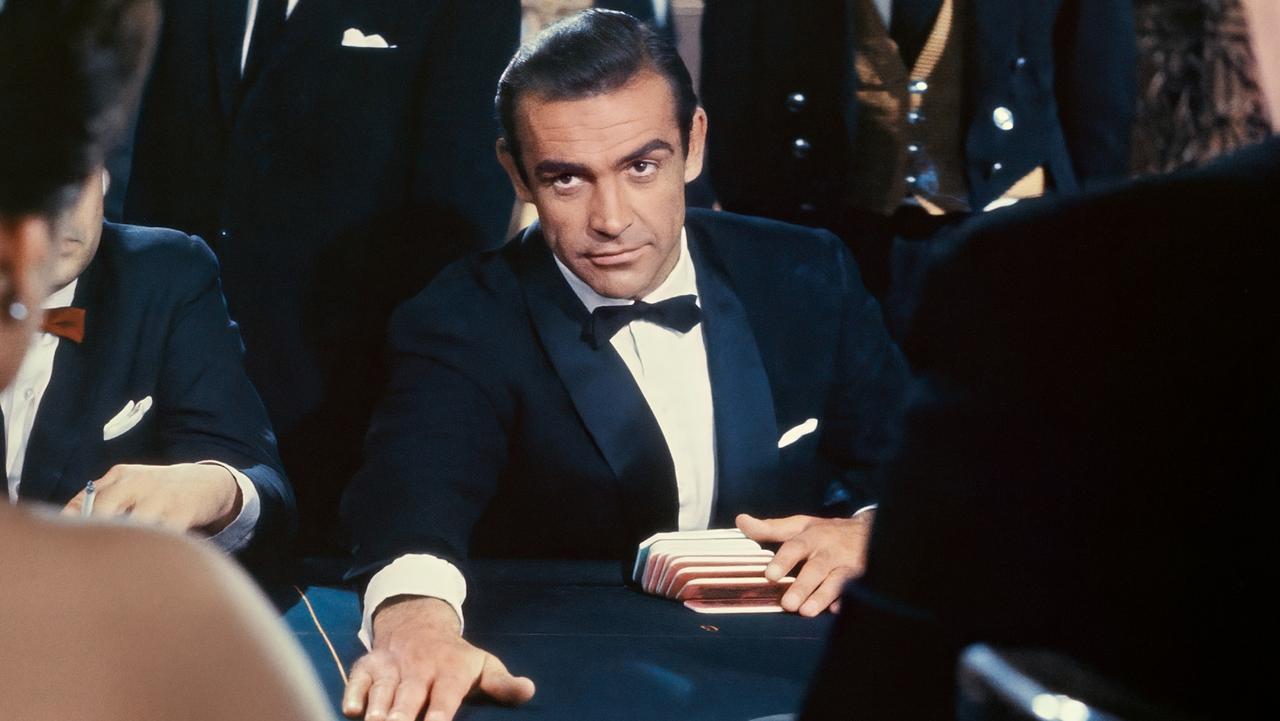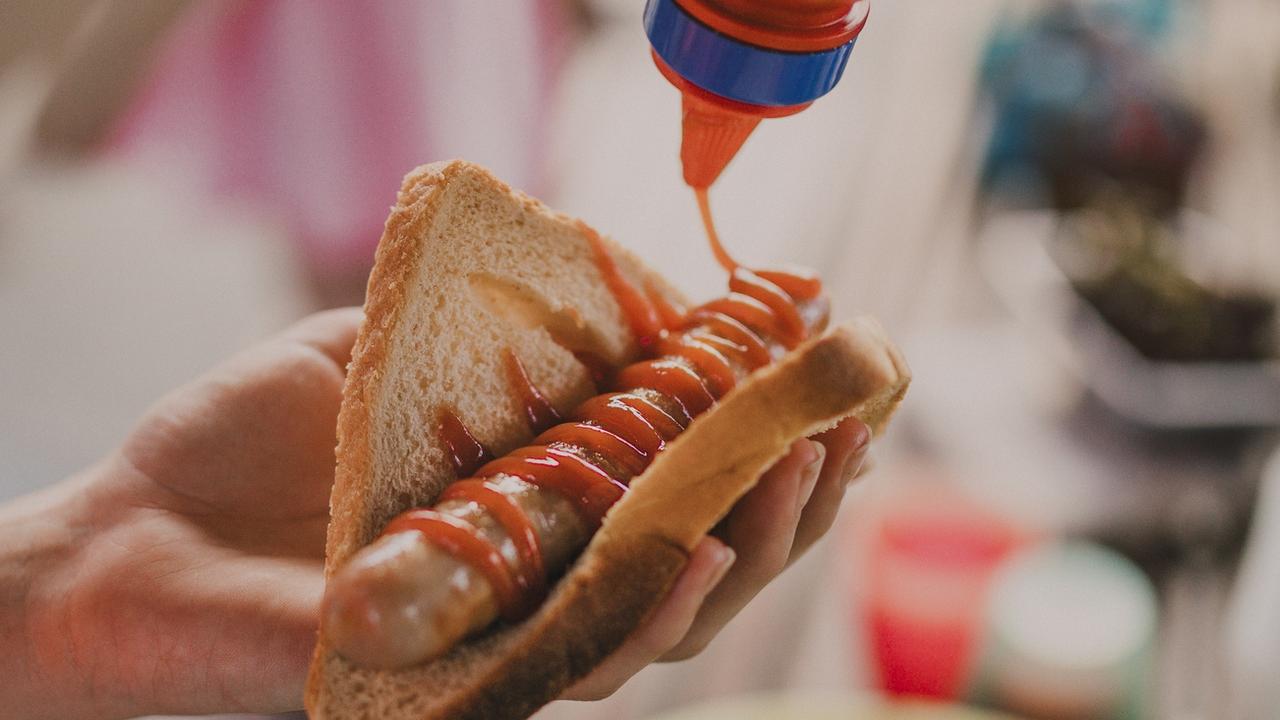Suzi Evans on the devastating loss of her son: ‘In movies people break down, but I just froze’
Author Suzi Evans puts into words the moment her life changed forever with the death of her son in his 20s.
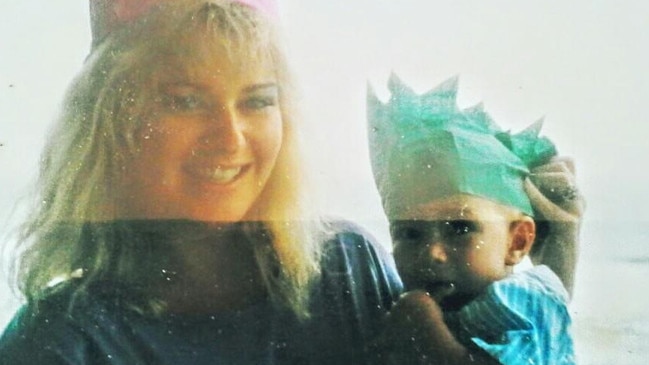
SA Weekend
Don't miss out on the headlines from SA Weekend. Followed categories will be added to My News.
In 2018, Suzi Evans and her husband Mick had settled in for an early night at their sheep farm in Mantung when an unexpected visitor brought devastating news about her 29-year-old son Murray, whose nickname was Muzz.
I was in my pyjamas and we were watching the news when I heard the dogs barking.
It was a police car – someone had mentioned they had been checking guns were locked up.
Mick got up and was gone for a long time, so I got changed and walked out …
Mick was just looking at me.

Then the policeman got out of the car.
I knew something was wrong, but I didn’t know what. Probably, deep down I did.
People say “it’s an out of body experience”, and it is … everything sort of goes in slow motion.
The policeman started to walk towards me: “Are you Suzie?”, “Your son’s Murray?”
He said, “There’s been an incident, and Murray’s passed” and I just went “okay”, and then Mick was able to come to me.
(The policeman had explained to Mick he was required to break the news to Suzi that her son had taken his own life).
I didn’t cry and I felt guilty about that for a long time, because in movies people break down, but I just froze.
The policeman was saying things, but I wasn’t really listening … and I really felt for him, too … what a horrible job to have to do.
Then he left.
We went inside, I sat down and the first thing I said was, “I’ll never have grandchildren” but I don’t know why I said that.
Mick didn’t know what to do with me.
We have a dog cemetery up on the hill, where Muzz’s and my dog, Milly, is buried. So he just grabbed me, and we went there.
I’ve since learned you say and do random things because your brain is trying to find the normality that’s not there.
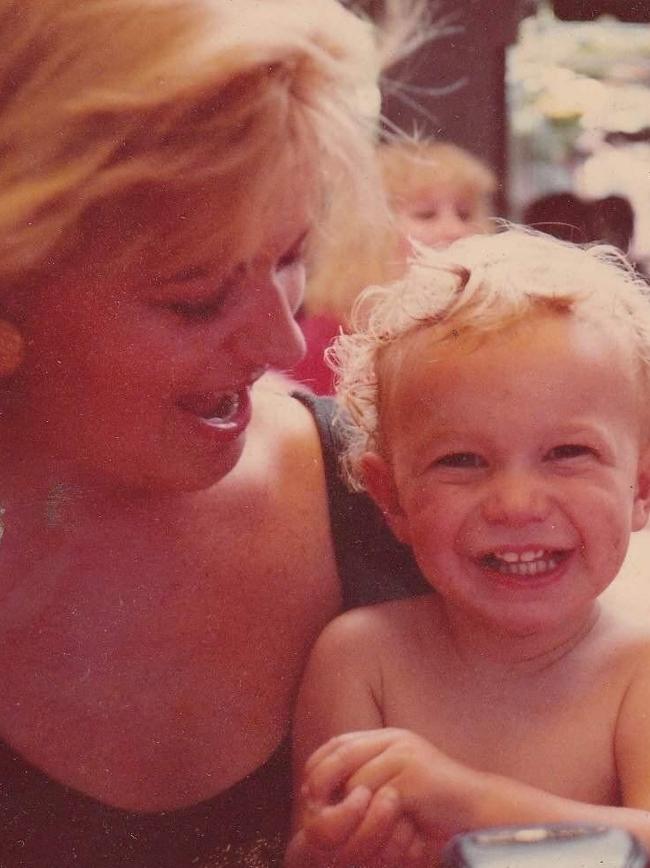
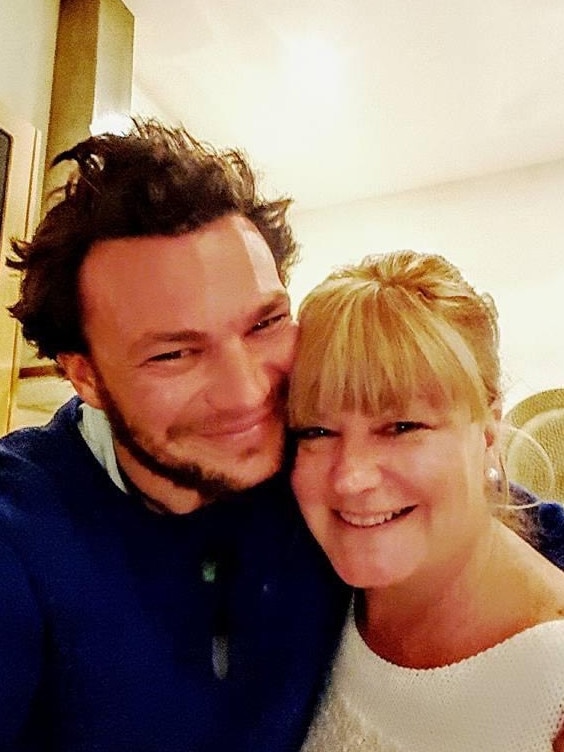
I had spoken to Muzz on the Friday.
He had split up from this person he was married to, and was on his way to that house to sort some things out, and said, “I’ll ring you back. I’ve got to go. I’ve got to get petrol.”
I said, “No, that’s all right.”
He didn’t ring back, which was fine.
On the Saturday morning, I tried to ring him, and his phone was off; his phone’s never off.
At 12 o’clock, I actually felt like a pull (in my chest).
I thought, “Don’t stress, he’s a big boy.”
I think that was the time he went.
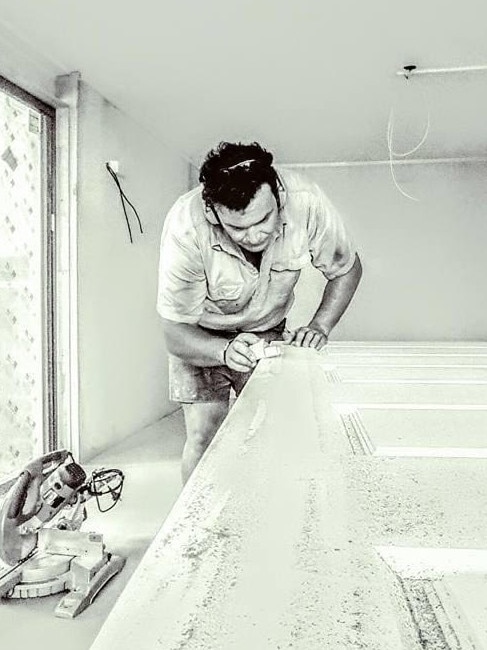
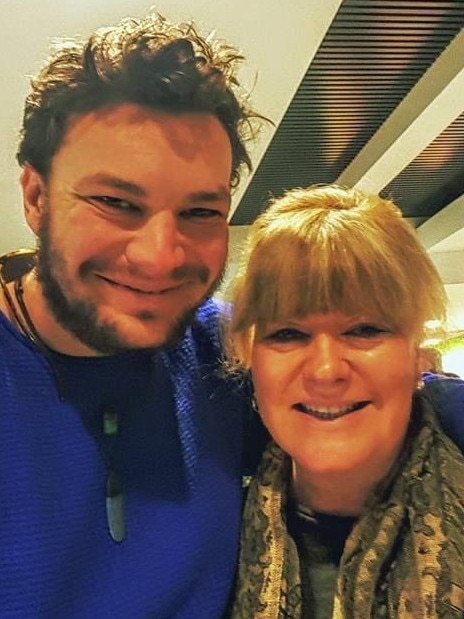
My brother flew over from Melbourne and Muzz’s best friend Tommy came straight away.
My nickname is Snooze, because I sleep a lot … but I remember waking in the middle of the night.
My whole body was in pain, and so the next morning, Mick spoke to my doctor. I was medicated and didn’t want to get out of bed.
Mick was wonderful. After the funeral, I had to get out of bed every day; wash my face, brush my teeth and have something to eat, and then if I wanted to go back to bed for the day, that was perfectly fine.
I had to get up and face the day and that’s probably one of the best things he could have done for me.
I was Muzza’s mum and all of a sudden, I didn’t know who I was.
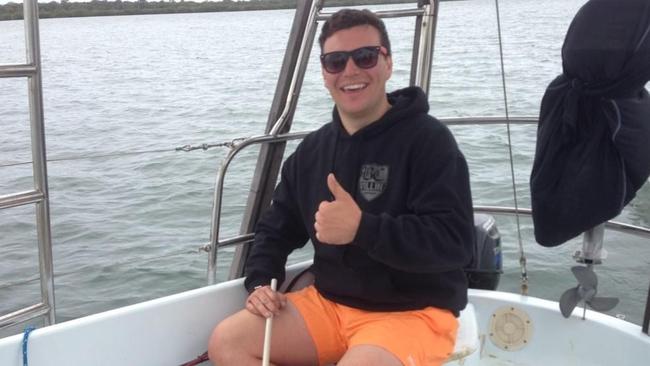
Muzz had his troubles, but he was a beautiful soul, and his death could not be in vain.
An old school friend of mine suggested I do a diploma in positive psychology and wellbeing.
The course was a full week in Adelaide but I wasn’t ready.
The following year, Mick was rolling out bales of wool on the Friday, we were shearing, and, on Monday, he was paralysed from the neck down.
He was hospitalised for six months with Guillain-Barre (syndrome) and was in a wheelchair when he came home.
I would get tea, put the news on and pour my gin or wine into a coffee cup and do my positive psychology and wellbeing course online.
It was about understanding what happens to our brain when we’re stressed, and it just made sense.
I became an instructor and then I met John Mannion from Breakthrough Mental Health, through Chris McDermott, who said, “You should do mental health first aid training”, so I did.
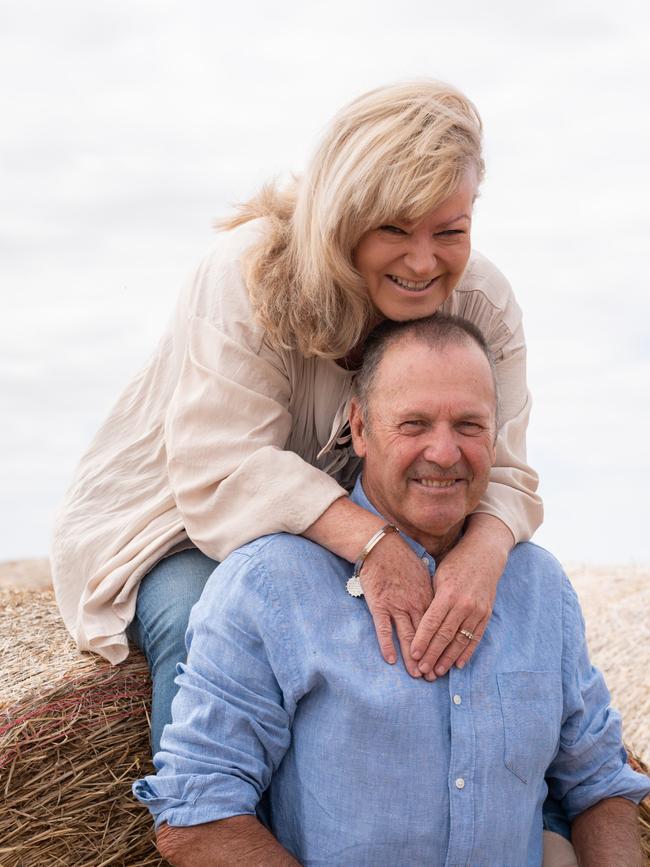
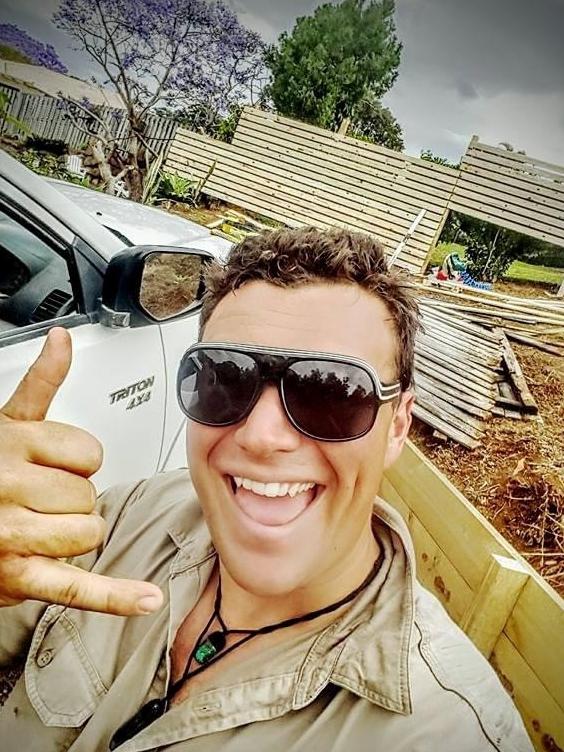
There’s so many people out there struggling.
In rural towns, you can wait six-to-eight weeks to get a GP appointment to get your mental health plan … then another six-to-eight weeks to seek a counsellor or psychologist … so that’s 16 weeks.
(Suzi went on to write a program, Workbench for the Mind, which is accredited by Suicide Prevention Australia).
Muzz was a carpenter, so “workbench” just made sense. He lives on through it.
I’m not a psychologist but I’ve learned from the diploma and my lived experience.
(My program) is about saying to yourself “Okay, what’s going on? What do I need to do to put in place to get myself back on track?”
I still have extremely dark days when I ask, “What am I doing all this for?” and next thing,
I get an email from someone saying thank
you … Sometimes these things happen to people who have the power to make a difference.
